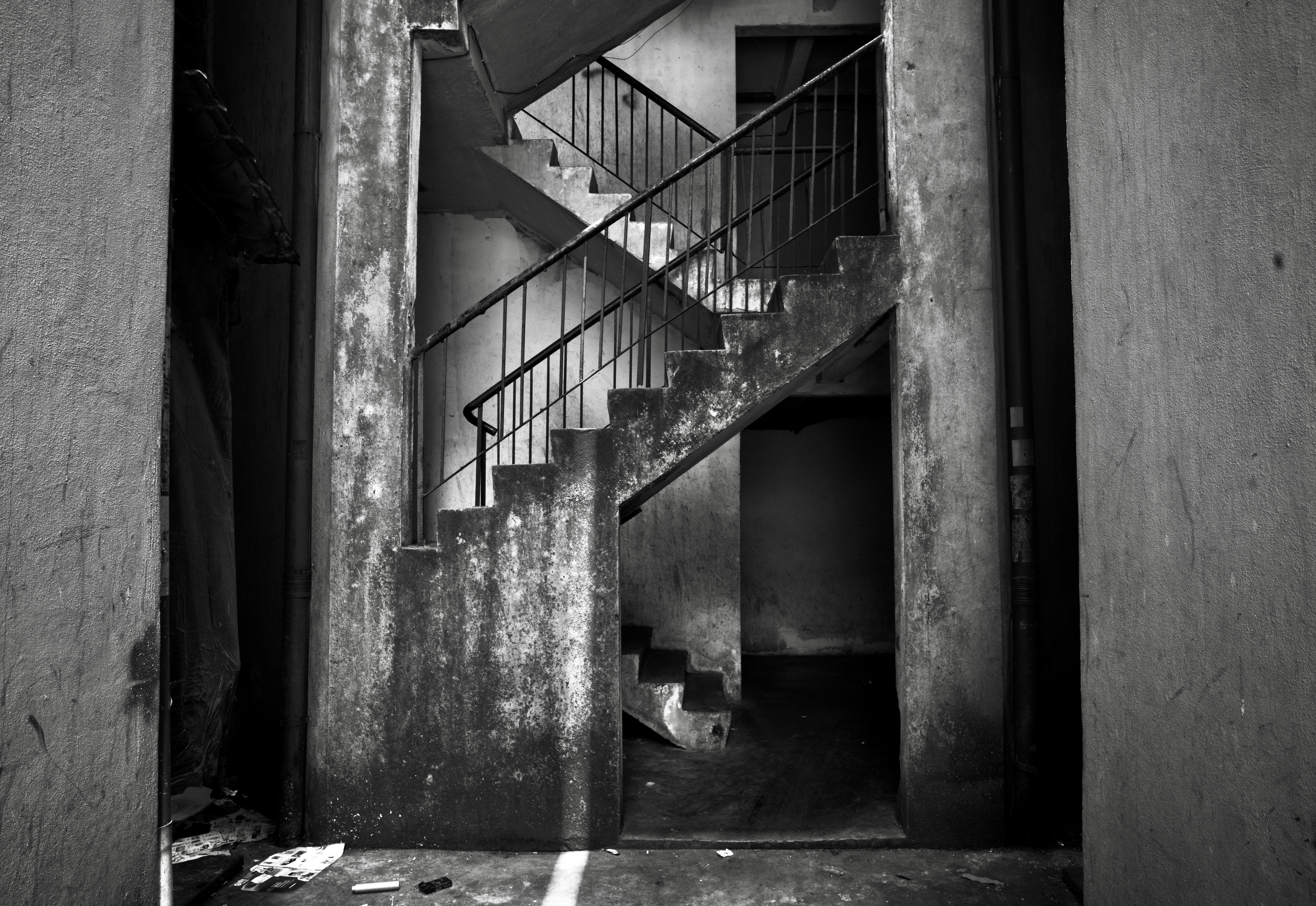Fear and Disillusionment: Cultural Memory and Trauma of the Indian Emergency in M. Mukundan’s Delhi: A Soliloquy
Main Article Content
Abstract
Due to the dearth of official records and historical narratives, Indian emergency is often counted as one of the ‘deleted moments’ of Indian history. The role of Indian emergency fiction in producing counter-history of the time by recording cultural memory is a point of discussion in the circles of memory studies. This paper attempts to bring to light how M. Mukundan’s JCB Prize-winning novel Delhi: A Soliloquy presents a cultural counter-memory of the period, with a special focus on how the Malayali minority in Delhi faced political tumult. Reading through the lens of memory and trauma, this paper analyses how the novel adds to the existing corpus of Indian emergency fiction, which lacked regional representation. Theorists Jenny Edkins, Bridgit Neuman, Alieda Assmann, Piotr Sztompka, Linda Shortt, and Astrid Erll are quoted to analyse the representation of cultural memory and trauma within the work.
Downloads
Article Details

This work is licensed under a Creative Commons Attribution 4.0 International License.
Copyrights of all materials published in SARE are retained by the authors. Authors may republish their work or grant others permission to republish it. We would be grateful if republication is accompanied by an acknowledgment that the work was originally published in SARE.
